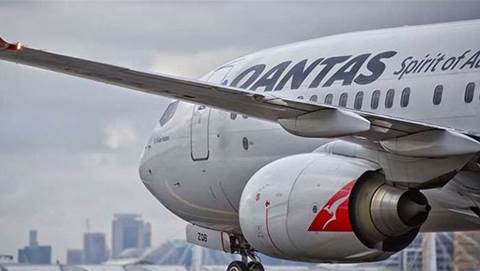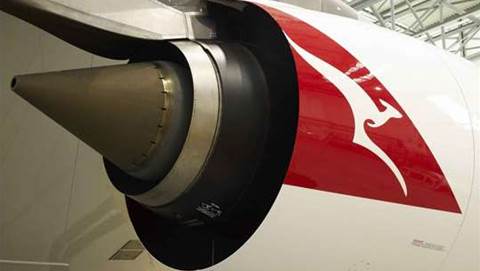It’s been described as the worst deal Queensland ever negotiated — an initiative that started out looking for ways to fix IT delivery to government agencies, and ended up in a failed payroll project that will ultimately cost Queensland taxpayers more than $1.2 billion.

But after weeks of hearings specifically probing the procurement process that led to IBM being appointed to the failed Queensland Health project, what are the lessons to be learned?
The Commission of Inquiry, being led by Hon. Richard Chesterman QC, wrapped up its probe of procurement this week, following evidence from former Queensland Under Treasurer Gerard Bradley.
Bradley, who was removed from his role by incoming Queensland Premier Campbell Newman last year, signed the controversial $6.19 million contract with IBM that would eventually blow out to $37 million, with an additional $64 million in government costs.
Bradley this week told the inquiry he believed two probity advisors had been appointed to the procurement process. But he could not remember if he raised with them concerns presented to him by a senior public servant about the subcontractor leading the process.
That subcontractor is Terry Burns, a former IBM employee initially hired by Queensland Treasury to conduct a review of CorpTech’s shared services implementation project.
Burns went on to play a key role in the appointment of a prime contractor to Queensland Treasury, a decision that led to the departure of two senior public servants from CorpTech.
Burns has been at the centre of much of the inquiry to date, after witnesses alleged he displayed a preference for IBM.
Burns has denied he favoured IBM, or provided IBM representatives with any coaching as was alleged in an IBM email, but did admit he let the vendor have a “dry run” of its bid for the prime contractor role, something Accenture, the other major bidding vendor, was not afforded.
Chesterman, who is due to report his findings to the Premier on July 31, is now tasked with determining whether Burns acted inappropriately, and if he did, how it was allowed to happen.
It’s already clear, however, that there were some major errors made in the procurement process, led by an organisation that was already contractor-heavy.
Casual approach
The first week of the inquiry heard of the casual approach taken with the initial request for proposal, which was emailed to vendors IBM, Accenture, SAP and Logica.
The decision by Burns to email vendors was viewed as so casual it led to Accenture asking for clarification if any work would be awarded at the end of the process.
It was assured it would be, but Treasury later sought legal advice on the issue and eventually issued a more formal Invitation to Offer.
Uneven playing field
Competition between vendors for major government contracts is normal. And throughout the inquiry CorpTech executives and contractors were at pains to point out they wanted to encourage such competition.
Unfortunately that was significantly undermined when IBM was able to undertake a “dry run” of its presentation. This, together with the leaking of a competitive bid and alleged altering of scoring in the final evaluation of bids, made government procurement policies appear pointless.
The role of contractors
During the inquiry, former CorpTech executive director Barbara Perrott described the shared services group as "an organisation full of contractors who thought they were public servants".
They would take two hour lunches when being paid on a daily rate, she said. Many had been working there for so long, Perrott testified, they thought it was ok to access documentation on CorpTech's intranet that was meant only for use by public servants.
"There was a couple of occasions when the security of documentation was a concern," Perrott told the inquiry.
"One of my concerns was that our employees probably had more skilful ways of searching
databases than perhaps the rest of us."
Perrott confirmed that before the decision to conduct a review, the shared services implementation budget was rapidly being burnt through, with 500 contractors who were, on average, contracted at $1100 per day.
The inquiry resumes on Monday, where it will focus on issues of governance and contracting.


_(28).jpg&h=140&w=231&c=1&s=0)


_(20).jpg&h=140&w=231&c=1&s=0)





 iTnews Executive Retreat - Security Leaders Edition
iTnews Executive Retreat - Security Leaders Edition
 iTnews Cloud Covered Breakfast Summit
iTnews Cloud Covered Breakfast Summit
 The 2026 iAwards
The 2026 iAwards












_(1).jpg&h=140&w=231&c=1&s=0)



